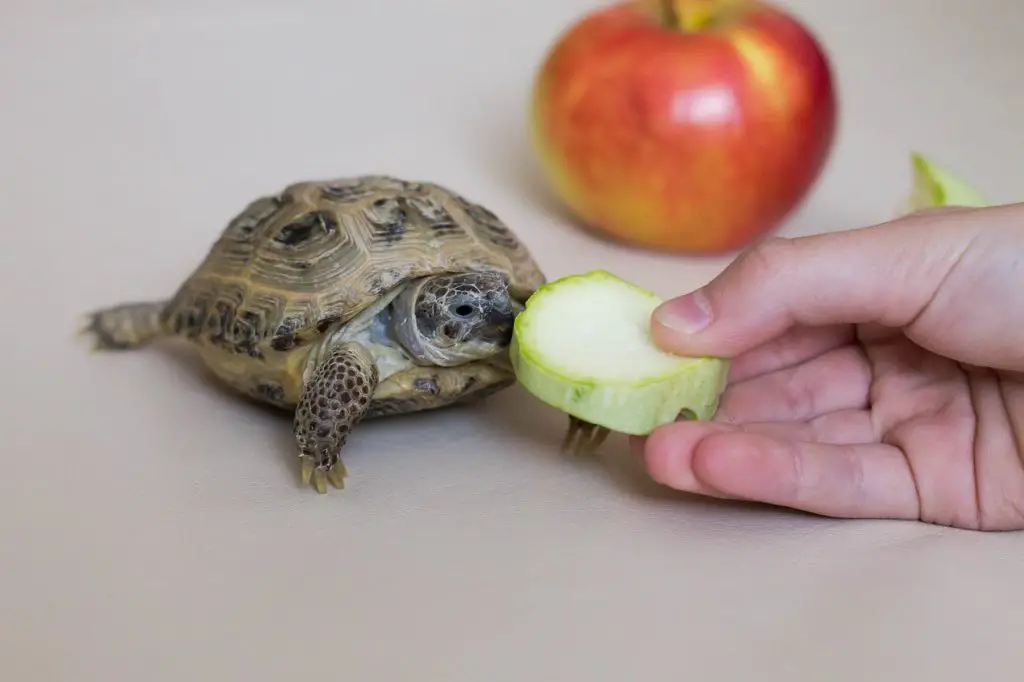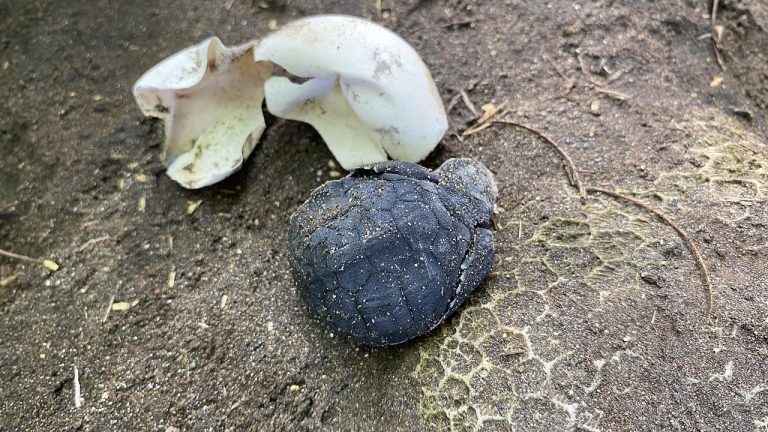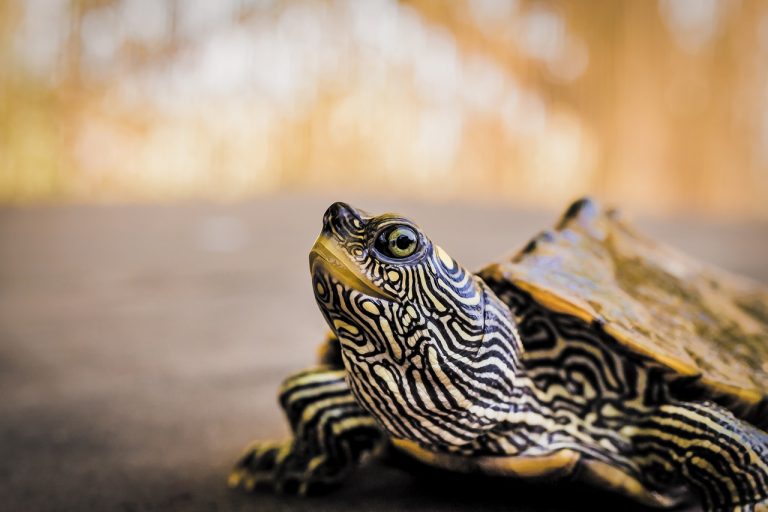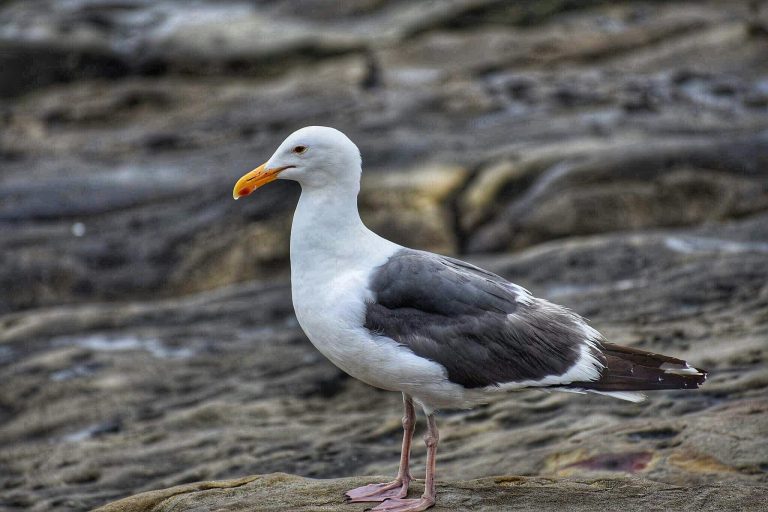Can Turtles & Tortoises Eat Tomatoes?
While turtles and tortoises typically don’t have natural access to many fruits and vegetables, incorporating them into their diet can be beneficial. However, not all foods are suitable for these pets, and some can be harmful. Hence, the question arises: “Can turtles and tortoises eat tomatoes?”
For these reptiles, only fully ripe, red tomatoes are safe to consume. It’s crucial to avoid any green parts of tomatoes, including the leaves and stems. Tomatoes should be given to turtles and tortoises sparingly, reserved for special occasions.
Although tomatoes are generally safe for turtles and tortoises, it’s essential to delve deeper into this topic. Several considerations need to be addressed regarding the nutritional aspects of tomatoes for these animals.
Continue reading, as the following discussion covers all the important aspects regarding the inclusion of tomatoes in the diet of turtles and tortoises.

Are Tomatoes Safe For Turtles?
While something might not be harmful to your turtle, it doesn’t necessarily mean it’s beneficial either. It’s akin to how gummy worms won’t necessarily harm a healthy human, but they certainly aren’t nutritious.
Similarly, tomatoes can be a good addition to your pet turtle’s diet, particularly the ripe, juicy, red ones. These tomatoes provide vitamins and minerals like calcium and phosphorus, along with vibrant coloration that can enhance your turtle’s meal.
Can Turtles Break Down Tomatoes?
It’s crucial to ensure that the meals your turtle eats are easily digestible so that their body can effectively absorb the nutrients they offer.
Thankfully, when it comes to tomatoes, you don’t have to worry about a high fiber content causing them to pass through your turtle’s system without being digested. Nor do they come with an inedible coating that needs to be removed before your turtle can enjoy them.
This means that the nutrients in tomatoes are readily available for absorption by turtles.
However, it’s important to monitor the quantity, timing, and parts of the tomato you offer to your turtle.
Should You Feed Tomatoes To Your Turtle?
Tomatoes can be a great addition to your pet turtle’s diet for a couple of reasons:
Firstly, they’re packed with calcium, vitamin A, and hydration, not to mention they taste delicious.
However, there are several important considerations to keep in mind before feeding tomatoes to your turtle:
- Opt for organic tomatoes to avoid potential contamination from harmful insecticides, which can be toxic to your turtle.
- Avoid giving your turtle fresh or green tomatoes, as they can be toxic to reptiles.
- Steer clear of any parts of the tomato plant, including leaves and stems, as they can be harmful to your turtle.
- Be mindful of the sugar content in tomatoes, as excessive consumption can lead to issues like diarrhea and stomach bloating for your turtle. Remember, tomatoes are technically fruits.
- Don’t overdo it with tomatoes, as feeding them to your turtle in excess can be harmful or even poisonous.
- If your turtle is unwell, it’s best to avoid feeding them tomatoes, as the acidic nature of tomatoes could worsen any existing inflammation.
- Limit the frequency of tomato consumption by your turtle and reserve them for special occasions instead of making them a regular part of their diet.
Are Tomato Leaves Safe For Turtles To Eat?
Turtles should steer clear of consuming tomato leaves due to the significant levels of the toxic alkaloid tomatine found in them. It’s crucial for turtles to avoid ingesting tomato leaves altogether to prevent any potential harm.
Are Tomatoes Safe For Box Turtles To Eat?
Fully ripe and red tomatoes are generally safe for box turtles to consume. However, it’s important to avoid feeding them green tomatoes, as well as any leaves or stems from the tomato plant.
Moreover, keep an eye on the quantity of tomatoes you offer to your box turtle. Due to their higher sugar content, tomatoes may be more enticing to box turtles than their regular vegetable diet. Therefore, it’s essential to moderate their intake to maintain a balanced diet for your pet.
Are Tomatoes Safe For Aquatic Turtles To Eat?
In the wild, aquatic turtles wouldn’t typically come across tomatoes in their regular diet. For the plant-based component of an aquatic turtle’s diet, vegetables are usually recommended.
However, offering your aquatic turtle a small amount of ripe red tomato occasionally shouldn’t pose any significant issues. Just remember that tomatoes aren’t a staple part of their diet and should be considered as an occasional treat.
Are Tomatoes Safe For Snapping Turtles To Eat?
Snapping turtles, found in freshwater ecosystems, typically don’t include tomatoes as a staple in their diet. However, they can be offered as an occasional treat.
When offering tomatoes to snapping turtles, it’s essential to provide only the red, fleshy part of the plant, as this is the safe component for turtles to consume.
Is It Safe To Feed Baby Turtles Tomatoes?
Since most pet turtle hatchlings are quite small, they are at a higher risk of consuming a potentially lethal dose of tomatine or an unhealthy amount of sugar from tomatoes.
As a precaution, it’s advisable to avoid feeding tomatoes to hatchlings until they are mature and larger in size. This helps to ensure their safety and prevents any potential risks associated with tomato consumption at a young age.
Are Tomatoes Safe For Yellow-Bellied Sliders To Eat?
As aquatic creatures, yellow-bellied sliders typically wouldn’t encounter tomatoes in their natural habitat. However, offering an occasional red tomato to a yellow-bellied slider shouldn’t pose any significant issues. These turtles can generally consume red tomatoes without problems.
Are Tomatoes Safe For Red-Eared Slider Turtles To Eat?
The red-eared slider, like the snapping turtle and the yellow-bellied slider, shares many characteristics as an aquatic turtle species.
Given these similarities, it’s reasonable to assume that an occasional treat of a ripe tomato wouldn’t cause any harm to a red-eared slider. However, as with any treat, moderation is key to maintaining a balanced diet for these turtles.
Are Tomatoes Safe For Musk Turtles To Eat?
The red-eared slider, like the snapping turtle and the yellow-bellied slider, shares many characteristics as an aquatic turtle species.
Given these similarities, it’s reasonable to assume that an occasional treat of a ripe tomato wouldn’t cause any harm to a red-eared slider. However, as with any treat, moderation is key to maintaining a balanced diet for these turtles.
Are Tomatoes Safe For Map Turtles To Eat?
Map turtles, being among the smaller reptiles, are relatively rare. Due to their size, tomatoes may not be the most suitable choice of food for your map turtle. It’s essential to consider their dietary needs and preferences carefully when selecting their food.
Are Tomatoes Safe For Painted Turtles To Eat?
A small amount of red tomato given occasionally shouldn’t have a significant impact on your painted turtle, as it generally doesn’t harm other aquatic turtle species either. However, it’s crucial to remember that moderation is key when offering treats to your painted turtle, ensuring a balanced and healthy diet overall.
Is It Safe To Feed Cherry Tomatoes To Turtles?
Cherry tomatoes can be a suitable treat for turtles, but it’s crucial to offer only the ripe red flesh of the tomato. Avoid giving your turtle any part that appears even slightly green, including the foliage and stems of cherry tomatoes.
Additionally, it’s best to limit your turtle’s consumption of cherry tomatoes to occasional occasions, just as you would with regular tomatoes. This helps maintain a balanced diet and prevents overindulgence.
Can You Feed Tortoises Tomatoes?
It’s generally safe for your tortoise to consume ripe tomatoes without getting sick.
However, it’s advisable to limit the frequency of toasted foods in your tortoise’s diet, as they tend to have lower nutritional value compared to other fruits. Moreover, the plant itself contains several potentially harmful elements, so it’s best to avoid offering it to your tortoise altogether.
Is It Beneficial For Tortoises To Eat Tomatoes?
Tomatoes can have beneficial effects on the health of tortoises, but these effects are influenced by both the quantity and quality of the plant matter consumed.
Safety:
While ripe tomatoes are generally safe for tortoises to eat, it’s important to note that immature tomatoes contain higher levels of tomatine and solanine, which are harmful chemicals. These chemicals, noted for their antimicrobial properties, can cause harm when ingested by animals.
Solanine, found in all members of the nightshade family including tomatoes, is particularly toxic and can lead to symptoms such as nausea, diarrhea, and vomiting when consumed in excess. Tomatine, although less poisonous, still possesses enough antimicrobial properties to cause sickness if consumed in large amounts, resulting in weakness, nausea, and diarrhea by interfering with neurotransmitters and damaging cell membranes.
Different parts of the tomato plant contain varying concentrations of these chemicals, with the fruit peel having the highest levels and the fruit itself having the lowest. Leaves and stems contain the largest concentrations of toxins.
Nutritional Value:
Tomatoes are rich in essential nutrients beneficial for tortoises:
- Vitamin K1 aids in blood clotting and promotes skeletal and carapace health.
- Vitamin C acts as an antioxidant, preventing cell and tissue damage.
- Potassium aids in carbohydrate digestion and maintains a normal heart rhythm, while folate is crucial for red blood cell production.
- Lycopene protects against cellular damage and bone loss associated with aging, promoting longevity and mobility.
- Dietary fiber helps prevent constipation and enhances gut health.
- With over 95% water content, ripe tomatoes contribute to hydration, essential for preventing dehydration, a common cause of mortality in tortoises.
While tomatoes and other water-rich foods can help maintain hydration, it’s important to provide tortoises with clean water regularly to sustain their metabolism effectively.
Which Tomato Type Is Good For Tortoises?
The nutrient composition of tomatoes can vary widely depending on the variety.
When it comes to tortoises, feeding them ripe cherry tomatoes can offer numerous benefits. These small tomatoes are packed with essential vitamins and minerals such as Vitamin A, potassium, sodium, and iron. Moreover, tortoises are drawn to their sweet and juicy nature. Despite their perceived high caloric content, cherry tomatoes actually provide a good amount of fiber, approximately 8% of the recommended daily intake. This makes them beneficial for the digestive health of tortoises, promoting regular bowel movements.
In comparison, grape tomatoes are considered a healthier alternative to regular tomatoes as they contain similar minerals in similar proportions, with the added benefit of higher fiber content. If you’re concerned about your tortoise consuming sugary foods, the milder sweetness of grape tomatoes may be more appealing.
Are Tortoises Safe To Eat Tomato Seeds?
Ripe tomatoes are the only ones that contain tiny traces of solanine and tomatine in their seeds.
Moreover, there’s a concern regarding the transmission of the tomato brown rugose virus through infected seeds. While the long-term effects of this virus on animals remain unknown, it’s anticipated that ingestion by tortoises could lead to digestive distress.
However, despite these concerns, tomato seeds also contain beneficial biomolecules such as polysaccharides, phytochemicals, and proteins, as noted by Biomedicine Pharmacotherapy. Depending on the dosage, these macromolecules can act as antioxidants or have antimicrobial properties, potentially beneficial for tortoises. Therefore, tomato seeds are generally safe for tortoises as long as they come from healthy tomatoes.
How Many Tomatoes Can A Tortoise Safely Eat?
The proportion of a tortoise’s diet that should consist of fruit varies depending on the species. While tomatoes are considered safe for tortoises, they’re not as nutritionally beneficial as other fruits. Therefore, it’s best to avoid feeding them to your tortoise too frequently.
According to research from Sweden’s Uppsala University, it can take a tortoise anywhere from 6 to 13 days to digest a tomato seed. As a result, it’s advisable to limit your tortoise’s intake of tomatoes to once every two weeks.
Although tomatoes are generally safe for tortoises, they aren’t the optimal dietary choice. Essential nutrients found in tomatoes are also present in greater concentrations in grasses, flowers, and leafy greens, which should make up the majority of your tortoise’s diet, constituting at least 80 percent.
Which Tortoises Enjoy Tomatoes?
While it’s true that any tortoise may consume a tomato, certain species are more naturally adapted to do so than others.
Tortoises belonging to species thriving in tropical environments such as savannahs and rainforests benefit from the abundance of plant matter like fruits, stems, and flowers. Species like the yellow-footed, red-footed, African-spurred, and leopard tortoises fall into this category. Their gastrointestinal systems have evolved to efficiently process fruits due to their natural habitat’s abundance.
On the other hand, tortoises like the Sulcata, Russian, and Hermann’s tortoises, as well as those native to arid regions with limited access to fruit trees, have digestive systems more suited to processing grasses and leaves. These species are better adapted to a diet primarily consisting of grasses and leafy vegetation.
Conclusion
While the tortoise diet may appear dull and unappetizing to humans, it’s understandable to want to enhance it by incorporating vibrant vegetables or fruits like tomatoes.
Ripe tomatoes are generally safe for tortoises to consume, but as we’ve discussed, they don’t offer much in terms of nutritional value beyond flavor.
Rather than solely feeding your tortoise tomatoes, consider diversifying its diet with a variety of vegetables. This ensures that your tortoise receives a broader range of nutrients essential for its health and well-being.
![200+ List Of Native Turtles Throughout USA [By State]](https://spreadhapiness.com/wp-content/uploads/2024/04/12-1-768x512.jpg)
![How Can I Ship My Turtle? [Foolproof Guide]](https://spreadhapiness.com/wp-content/uploads/2024/04/4.-1-768x512.jpg)

![21 DIY Turtle Tank Ideas For Happy Turtles [Budget-Friendly]](https://spreadhapiness.com/wp-content/uploads/2024/03/turtle-tank-3-768x576.jpg)

